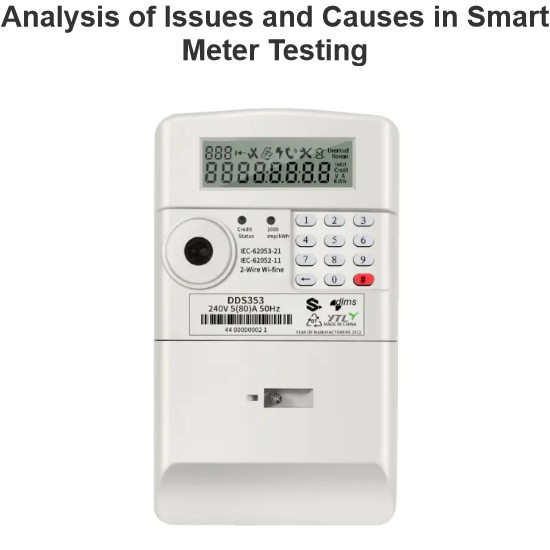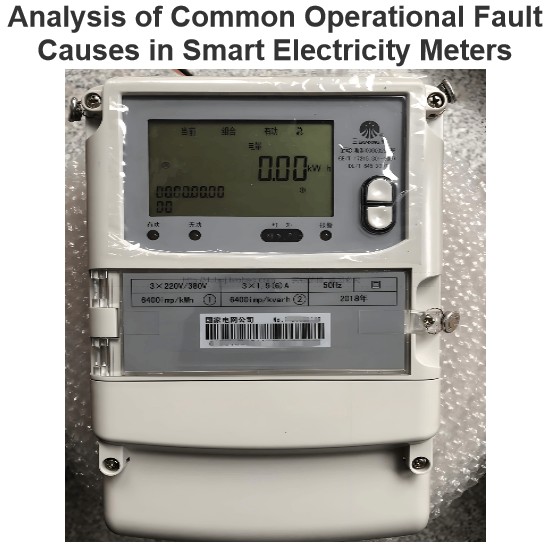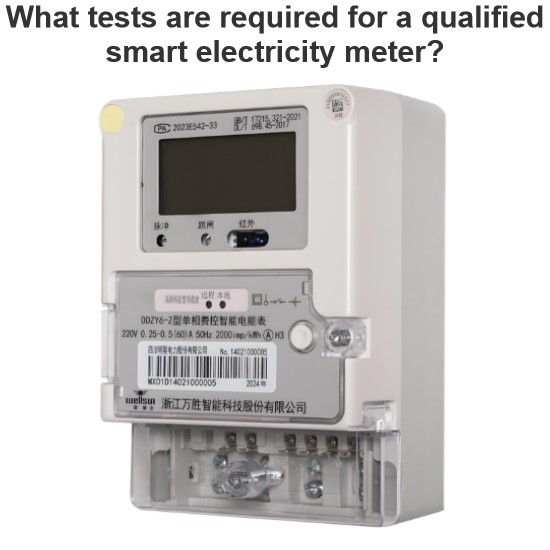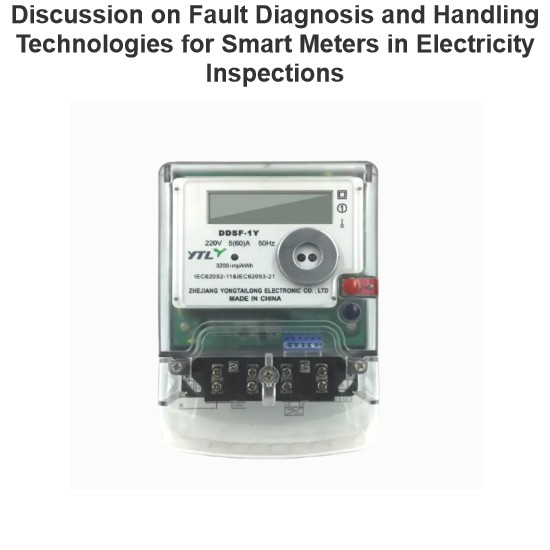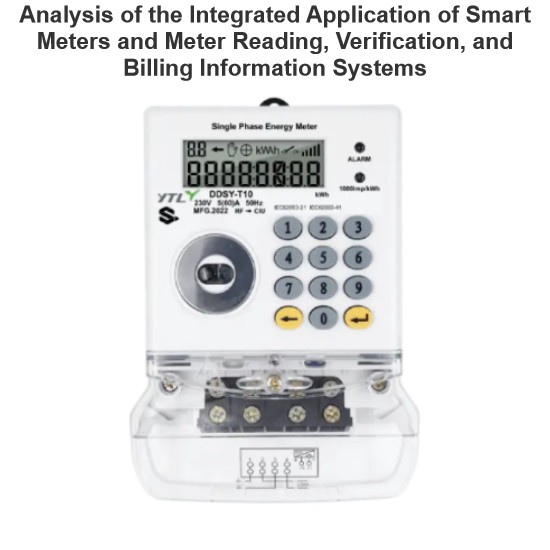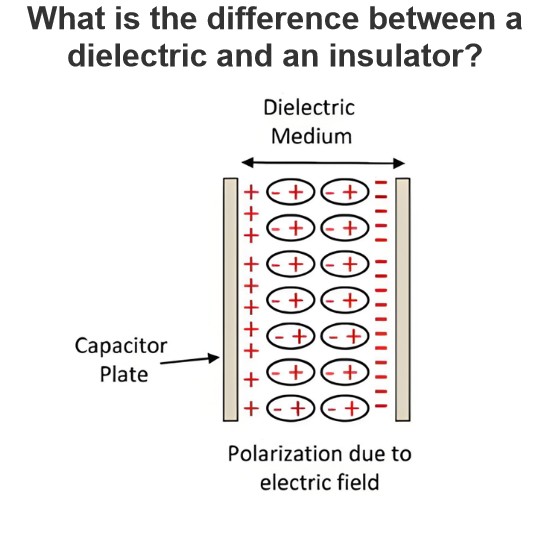| Brand | ROCKWILL |
| Model NO. | SC6-24KV SF6 load break switch |
| Rated voltage | 24kV |
| Series | SC |
Product Overview:
The SC6-24 is a compact SF6 gas-insulated load break switch designed for medium-voltage applications at 12kV, 24kV, and 36kV ratings. Utilizing SF6 gas for superior arc-quenching and insulation properties, this switchgear features three-position switching (on-off-ground) in a space-saving design that ensures easy installation and reliable operation in diverse environments. The SC6-24 and its fused variant (RLS-24D) provide complete protection and control for power distribution networks, particularly in ring main units, cable branch cabinets, and distribution substations.
Key Features:
Triple-position switching mechanism (make, break, ground)
SF6 gas insulation for reliable arc extinction
Compact footprint for space-constrained installations
Fused combination option available (RLS-24D)
Compliant with GB3804, IEC60256-1, GB16926, IEC60420 standards
Product Advantages:
Enhanced safety with SF6 gas insulation
Reduced maintenance requirements
Flexible configuration options
High reliability in harsh conditions
Simplified operation with three-position switching
Application Scenarios:
Ring main unit (RMU) installations
Cable distribution networks
Compact substations
Industrial power distribution
Renewable energy integration
Environmental Specifications:
Operating temperature range: -5°C to +40°C
Humidity tolerance: 90% daily average, 95% monthly average
Maximum altitude: 2500m
Suitable for non-corrosive environments
Vibration-resistant design
Technical data


